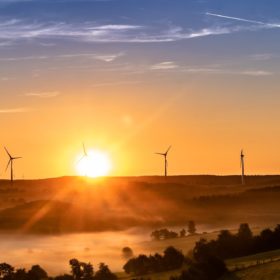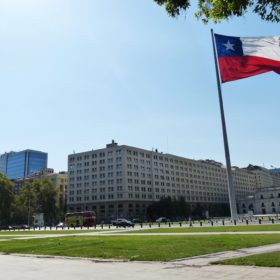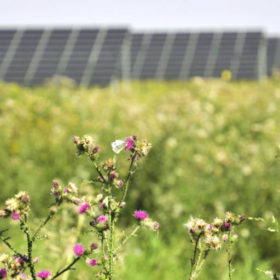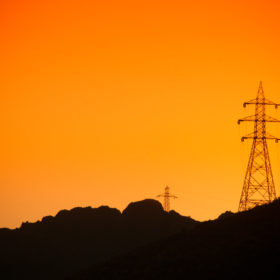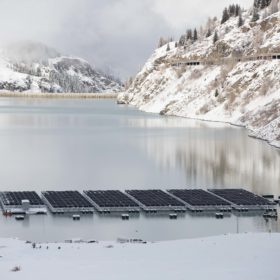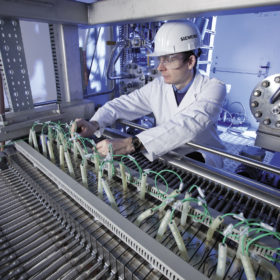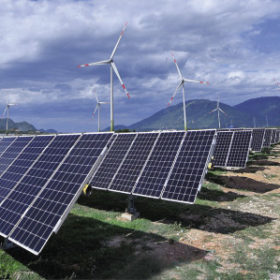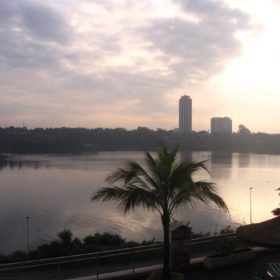Brazil’s Copel contracts another 121.6 MW
The energy provider concluded its second renewables auction on November 13, and has contracted 121.6 MW of wind and solar. Selected projects will be granted a 15-year PPA and will have to begin commercial operations in 2023.
Chile to hold new energy auction in June
According to the bidding terms published by the National Energy Commission, project proposals may be submitted by June 11 and the results will be announced on June 19. Successful bidders will secure a 15-year power supply deal and some 5.6 TWh of electricity is expected to be generated annually as a result of the new capacity.
Solar will power ahead to offer 20% more output for 25% lower module costs within 15 months
PV industry veteran Karl-Heinz Remmers recalls the trajectory of solar power this decade and predicts stronger than expected development for the ten years ahead.
Seoul launches 1 GW rooftop solar plan
The South Korean capital has unveiled a plan to deploy rooftop PV on a million homes and all public buildings. The new initiative is designed to bring the city’s cumulative installed solar capacity to around 1 GW by the end of 2022.
Turkey to hold 1 GW solar tender in April
The Turkish government is planning to assign 100 solar projects with a capacity of 10 MW each across 39 different provinces via a new procurement exercise. The tender will be held on April 20, 2020.
Floating in the Alps
Romande Energie is deploying a 448 kW floating array on the surface of Lac des Toules, a reservoir located at an altitude of 1,810 meters in the Swiss Alps. The installation will likely operate under heavy weather conditions, but it is also expected to produce 50% more power than similar projects built in the plain.
Engie and Air Liquide join forces to develop green hydrogen
A cooperation agreement was signed by the French corporations to launch the HyGreen Provence project, which is expected to produce annually 1300 GWh of solar electricity and 10,440 tons of green hydrogen by 2027.
A new converter topology for hybrid wind-solar
A researcher has proposed a new approach to apply maximum power point tracking techniques to optimize electricity production in wind-solar power projects. The permanent magnetic synchronous generator hybrid model used in the study is based on a multi-input rectifier stage which is said to be able to eradicate current harmonics and eliminate the need for extra input filters.
Côte d’Ivoire gets World Bank support for 60 MW of solar
The African country has joined the World Bank’s Scaling Solar Program. Two PV plants will be located in Touba and Laboa, in the northeast of the country.
California spies solar-plus-storage domination by 2030, with 11 GW/44 GWh of batteries
The state’s 2019 Integrated Resource Plan foresees just over 11 GW of solar power generation capacity and at least 11 GW – with a possibility of up to 19 GW – of energy storage necessary to meet resource adequacy as part of the state’s legally required 60% renewable portfolio standard by 2030. Prices have halved since 2017.
